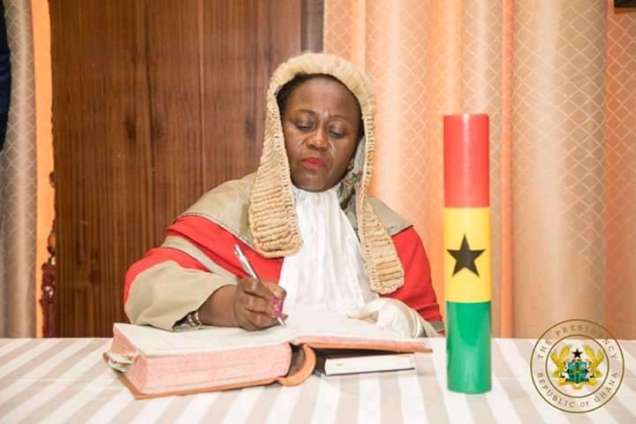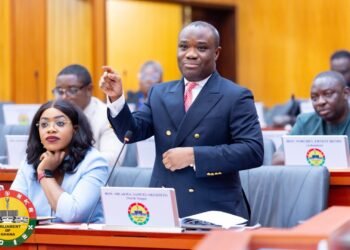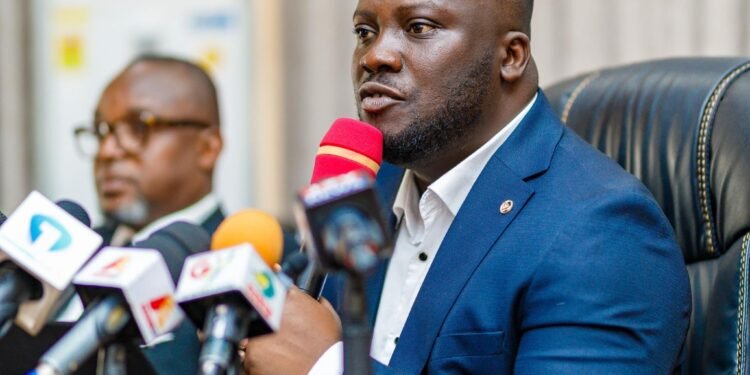In the wake of the recent press conference held by suspended Chief Justice Gertrude Torkornoo, Acting CEO of the Ghana Tourism Development Company, Professor Kobby Mensah, has commended the government for its rapid and strategic response.
According to him, the move reflects a growing recognition of the crucial role communication plays in democratic governance and public accountability.
Professor Mensah, who is also a respected political marketing strategist, observed that the administration’s prompt reaction to Justice Torkornoo’s public statements was not only timely but essential.
In his view, the decision to engage the media space early helped prevent the conversation from being shaped by a single narrative, thus ensuring a more balanced and transparent national discourse.
“This approach marks a significant departure from a past communication misstep that continues to serve as a cautionary tale, the 2020 resignation of Special Prosecutor Martin Amidu.
“At the time, the Nana Addo administration failed to offer a timely rebuttal or clarification in response to Amidu’s explosive resignation letter and the infamous ‘mother serpent of corruption’ accusation.”
Professor Kobby Mensah
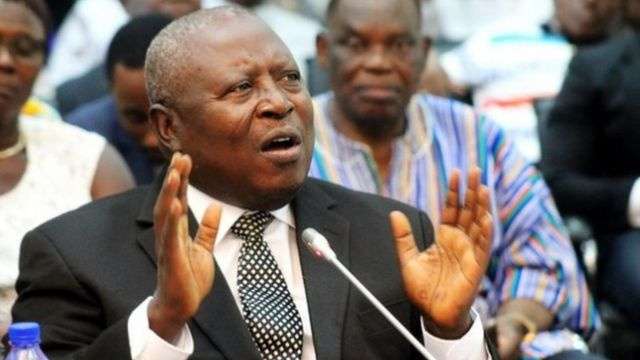
That episode, he recalled, exposed serious flaws in governmental communication and provided a lesson in what happens when official silence leaves room for one-sided interpretations.
Professor Mensah described that communication lapse as a costly mistake that allowed Amidu’s claims to go unchallenged for too long, ultimately shaping public perception in a way that damaged confidence in the administration’s commitment to public accountability.
Govt’s Response, A Shift Toward Transparent Dialogue
According to Professor Kobby Mensah, what sets the current situation apart is the evident learning curve. This time, the government did not delay in making its position known following Justice Torkornoo’s public remarks.
That decisive action, he believes, helped preserve the integrity of the institutional process and reassured Ghanaians that both sides of the story were being presented in real time.
He stressed that modern governance must operate on principles of transparency, timely feedback, and open dialogue with the public. The administration’s latest communication strategy, he noted, appears to align with those values.
“This is not simply a media tactic. It’s a reaffirmation of the democratic responsibility to maintain public accountability. Governments must ensure the public gets a full and fair account of high-profile issues, especially those that involve judicial figures and national leadership.”
Professor Kobby Mensah
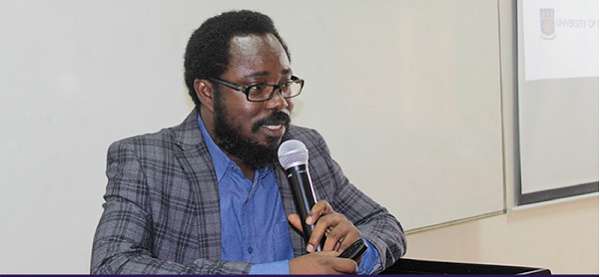
He added that in the current fast-paced media environment, allowing only one voice to dominate creates a distorted view of events. By speaking out swiftly, the government prevented misinformation and speculation from filling the vacuum.
The professor was particularly firm in his view that official silence, especially in such charged situations, is not a neutral position. Rather, it signals negligence and a missed opportunity to protect institutional credibility.
“In today’s digital age, perception can very quickly harden into assumed fact. That’s why governments must be ready to respond in real time, offering clarity and perspective when controversies arise.”
Professor Kobby Mensah
Building A Culture Of Engagement
Professor Mensah went further to suggest that the government’s approach in this instance represents a broader evolution in statecraft—one where communication is not an afterthought but a central pillar of governance.
He believes this will contribute significantly to building trust between government institutions and the public.
He pointed out that when officials communicate promptly and clearly, it not only minimizes confusion but also strengthens the legitimacy of decision-making processes.
According to him, this kind of engagement shows that the government values citizen input and is serious about fostering transparency.

For Professor Mensah, the issue at hand is not merely about the suspended Chief Justice or any singular public figure. It is about how the state positions itself in the national conversation and how it responds to scrutiny from both the public and the media.
“This shows a maturing democracy. What we’re seeing is a shift toward a government that understands its role includes listening, explaining, and standing firm in the face of controversy—all of which are necessary for true public accountability.”
Professor Kobby Mensah
He praised the current administration for demonstrating that it has taken lessons from past incidents seriously. By avoiding the missteps of the Amidu affair, the government has shown that it is now better equipped to manage both public expectations and institutional crises.
Professor Mensah concluded by reiterating that this is how modern governance should function: quickly, clearly, and communicatively. For this development, he believes the administration deserves recognition.

